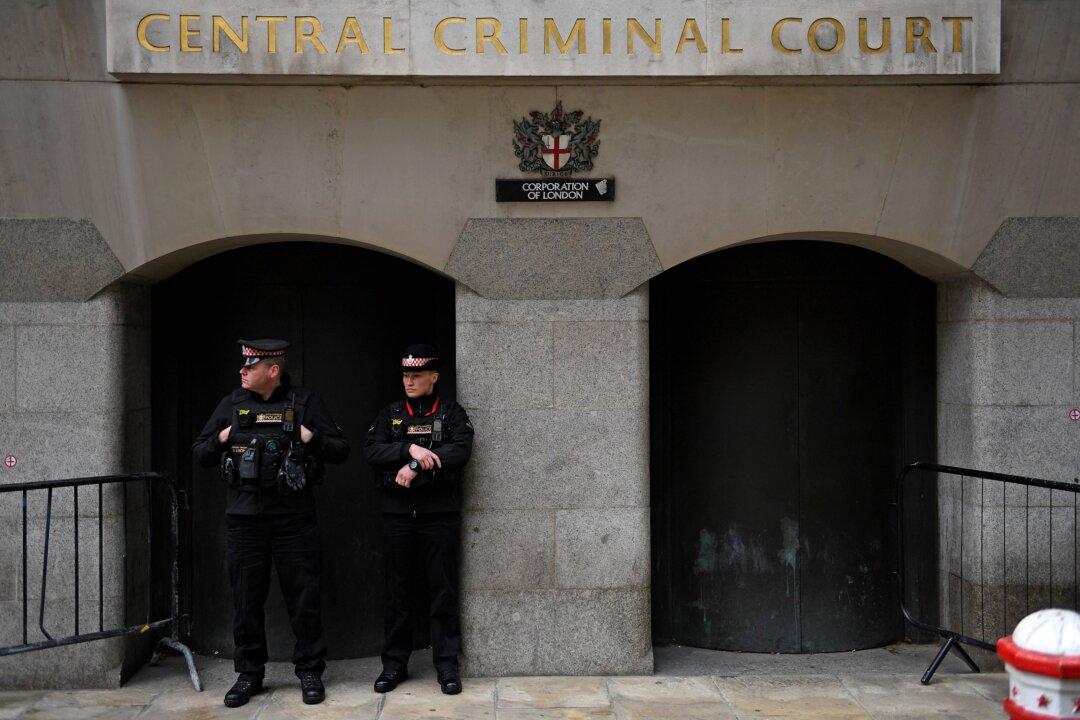The law surrounding reporting on criminal trials has not changed for 40 years, but the advent of the internet and social media have changed the landscape beyond all recognition.
In June 2022, the Law Commission of England and Wales was asked by the government to review the law on contempt of court and, “consider reform to improve its effectiveness, consistency, and coherence.”





